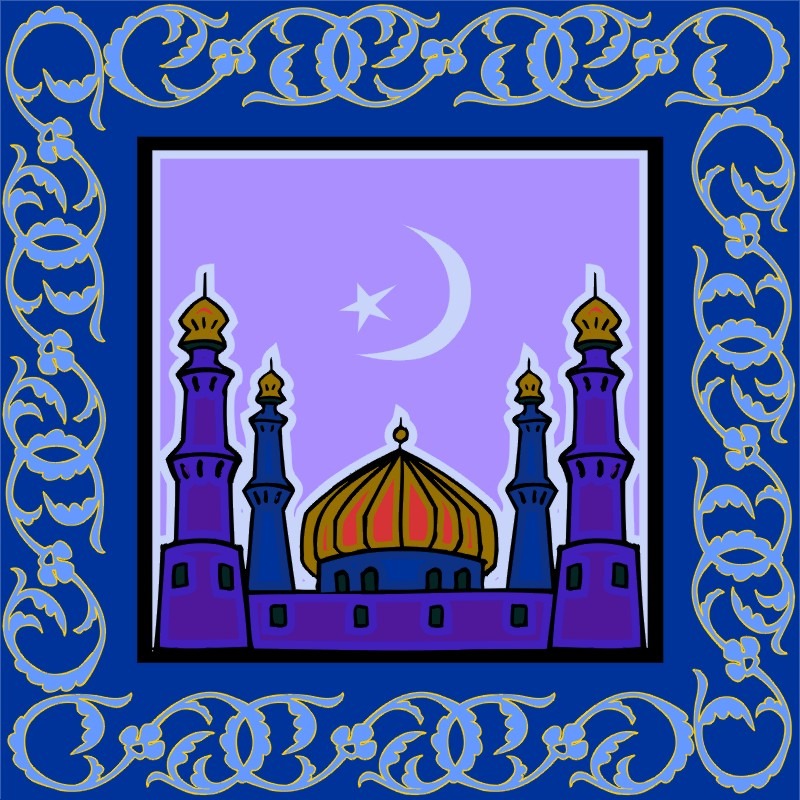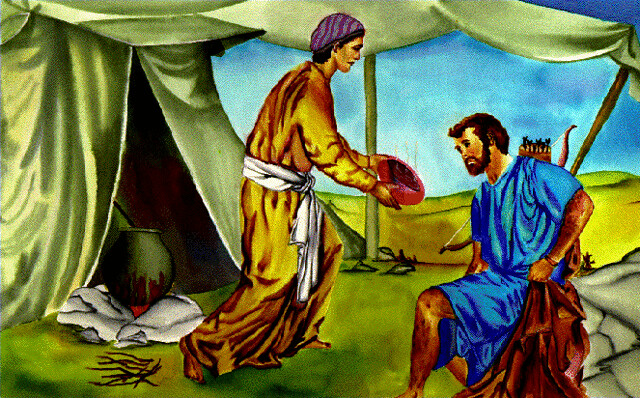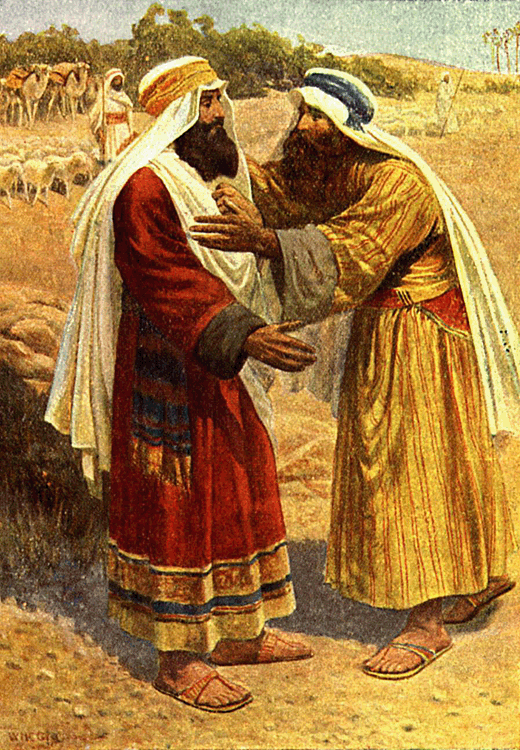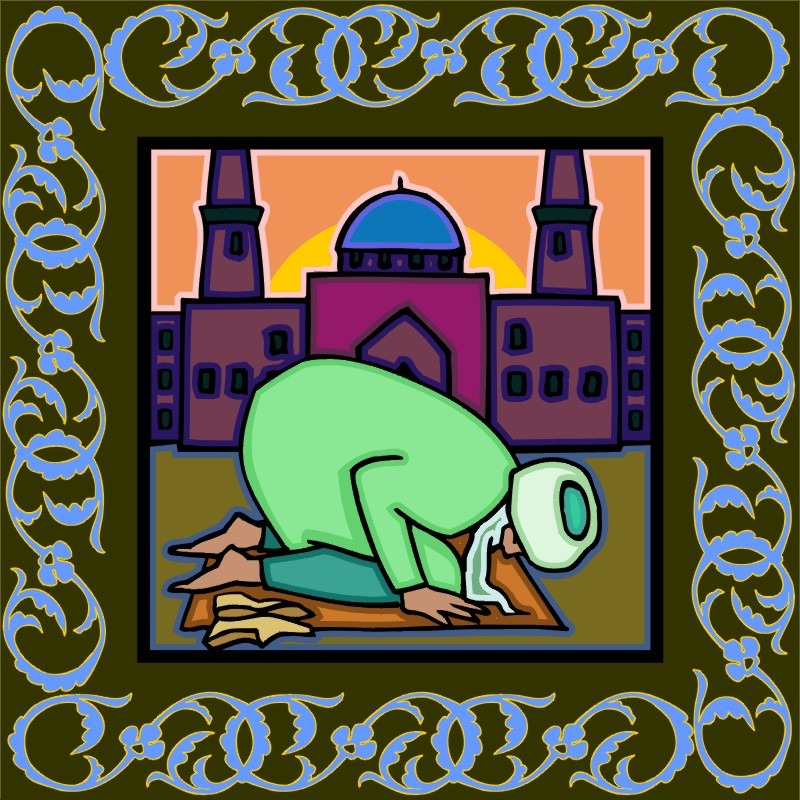
Many, if not most of the modern Moslems or Muslims (especially the Arabs) trace their lineage back if not biologically then spiritually to Ishmael, the son of Abraham by Hagar. Islam in its religious book, the Koran, claims that it was Abraham and Ishmael who built the Kaaba (The Koran, Sura 2: 121 or 127, depending on the version.), which is the small building containing a stone that supposedly fell from heaven. This shrine is located in the midst of great mosque in Mecca, Saudi Arabia.
In Genesis 16:11–12 YHVH prophesied the following concerning Ishmael and his descendants:
The angel of YHVH said to her further, “Behold, you are with child, And you shall bear a son; and you shall call his name Ishmael, because YHVH has given heed to your affliction. And he will be a wild donkey of a man, his hand will be against everyone, and everyone’s hand will be against him; and he will live to the east of all his brothers.”
The modern Moslems have twisted the biblical account of Abraham’s giving the birthright blessing to Isaac and believe instead that Ishmael was the promised son of blessing. Both Israelites and Arabs, therefore, believe that they have a right to the Promised Land of Canaan, and, hence, this disagreement is at the roots of the modern Arab-Israeli conflict.
Scripture further records that Esau, the disinherited son of Isaac, also had a jealous anger against his brother Jacob, who received the birthright promise instead of him. Scripture further records that Esau married the daughter of Ishmael (Gen 28:9). Thus in some of Esau’s descendants (he had more than one wife), the lineage of Esau and Ishmael were combined and both men had a jealous feud with the sons of Jacob, which has been passed down generationally to this day.
The Bible has more to say prophetically about the descendants of Edom (another name for Esau, Gen 31:6, 8)than about those of Ishmael. Edom is portrayed as an aggressive and bloodthirsty people who are opposed to Israel at every step. We will discover what Scripture has to say about this below.
In the mean time, let’s take a closer look at Edom.
Edom (meaning “red”) was Esau’s nickname (see Gen 25:25, 30; 36:1, 8–9, 19, 43).
Esau intermarried with the descendants of Ishmael (Gen 28:9).
- Seir is another name for the land of Edom (Gen 32:3; 33:16; 36:8).
- Esau intermarried with the people of Canaan (Gen 36:2). He intermarried with the Hittites, the Hivites, as well as the Ishmaelites.
- His descendants included the Amalekites (Gen 36:12, 16) who fought against the children of Israel upon leaving Egypt and as soon as they had entered the wilderness en route to the Promised Land (Exod 17:1).
- Esau’s sons were dukes or chieftains (leaders of clans) and kings (Gen 36:15–16, 40–43).
- Although Esau’s direct lineage was confined to the area of the traditional land of Edom, in modern-day Jordan, it is clear from the biblical record that he and his descendants intermarried with many of the neighboring nations, so that his descendants were scattered far and wide over the region that later became known as the Holy Land.
- The entire one-chapter Book of Obadiahis a prophecy against Edom. Let’s note several key points in this prophecy that might help us to understand some things about Edom in light of end-time Bible prophecy and how this relates to the end-times Arab-Israeli conflict. When you think of Edom, think of the modern day Palestinians.
Verse 2, The descendants of Edom are greatly despised (scorned, held in contempt, disdained).
Verse 3, Though they dwell in the clefts (places of concealment, retreats) of the rocks, they are proud and view themselves as invincible.
Verse 4, YHVH promises to bring Edom down.
Verse 7, Esau has a confederacy (league, alliance) of nations, which include many of the modern Moslem and Arab nations.
Verse 11, Edom’s eyes are on Jerusalem. Edom among other foreigners will cast lots for Jerusalem (seek to divide it among the nations or religions of the world as an international city under the control of the United Nations?).
Verse 13, Edom has entered into the gates of the land of Israel in the day of her calamity or disaster.
Verse 14, Edom will kill Jewish refugees trying to escape the land of Israel in her time of distress.
Verse 15, The time frame of the fulfillment of these prophecies is “near” the day of YHVH, when he will judge Edom and the other heathen nations.
Verse 16, Edom will be drinking (celebrating?) on the Temple Mount which is YHVH’s “holy mountain,” and as a result, they shall drink the cup of YHVH’s wrath.
Verse 17, The house of Jacob will get the Temple Mount back!
How many descriptions of the modern Palestinian and other Islamo-terrorists do we see in Obadiah? What other people-group fits this description? Is Esau a picture of many modern-day Palestinians and their Moslem backers who hate the Jews, the state of Israel and America?
We have learned who Jacob represents in end-time prophecy. Now we learn who Jacob’s descendants’ arch-enemy will be and who will attempt to prevent them from returning to the land of Israel. This will happen in the end times before the coming of the Messiah. We will learn more about this later.
As we noted, Edom’s hatred for Israel has its roots in the antagonism between Ishmael and Isaac, and then afterwards between Esau and Jacob. The hatred that Esau had for Israel has been passed on down to successive generations of Edomites. The biblical prophets discusses this murderous antagonism on Edom’s part as being carried down generation to generation to the very end times. Let’s review some of these biblical prophecies.
Ezekiel 36 speaks about the conflict between end-time Edom and end-time Israel. In verse two, we see that the enemies of Israel have regarded the “ancient high [or declared, promised] places” of Israel as “ours in possession.” This is a clear reference to the holy places in Israel (e.g., the Temple Mount for the Jews and Bethlehem for the Christians—only in recent years have the Palestinians taken Bethlehem and forced—out of persecution and intimidation—the majority of the large Christian population of that city to leave). “High places” can also refer to the militarily strategic high places such as the Golan Heights and the ridges surrounding the eastern shores of the Sea of Galilee.
Next, let’s look at Ezekiel 35, which is a prophecy against Edom. In verses four through five, we see that end-time Edom will be devastated because of its perpetual hatred for the children of Israel. They have killed their enemies by the power of the sword. This is how Muslim’s have traditionally spread their religion—by their curved scimitar sword. Advancing Moslem armies force its captives to leave, covert or die. According to verse five, this is to be occurring at the time of the punishment (of the children of Israel?) at the time of the end (NAS) or the end of time (lit. Hebrew). This is another example of YHVH’s using Edom (Esau) to bring Ephraim and Judah to its knees in the time of the end.
In verses six through nine of the same chapter, we see that YHVH will punish Edom for its blood-thirstiness against Israel and will devastate its cities and slay large numbers of its people. Other biblical prophecies indicate that the militaries of Judah and Ephraim will be the means by which YHVH accomplishes this.
Finally, in verse 10, Edom (Islam) wants to take over or possess the two countries or lands (Heb. eretz) of Israel or those of Judah and Ephraim (or the Jews and Christians), even though YHVH was there (in the lands of his people). Their anger and hatred against Israel is based on envy or jealousy (verse 11) of Israel.
The Koran, the religious book of Islam, has taken the historic and prophesied hatred of Edom and formed a religion around it. The Koran was written by Mohammed, a Jew and Christian hater, more than one thousand years after the prophecies of Ezekiel and Obadiah. Here are some quotes from the Koran that confirm the prophecies of the Bible with regard to Edom.
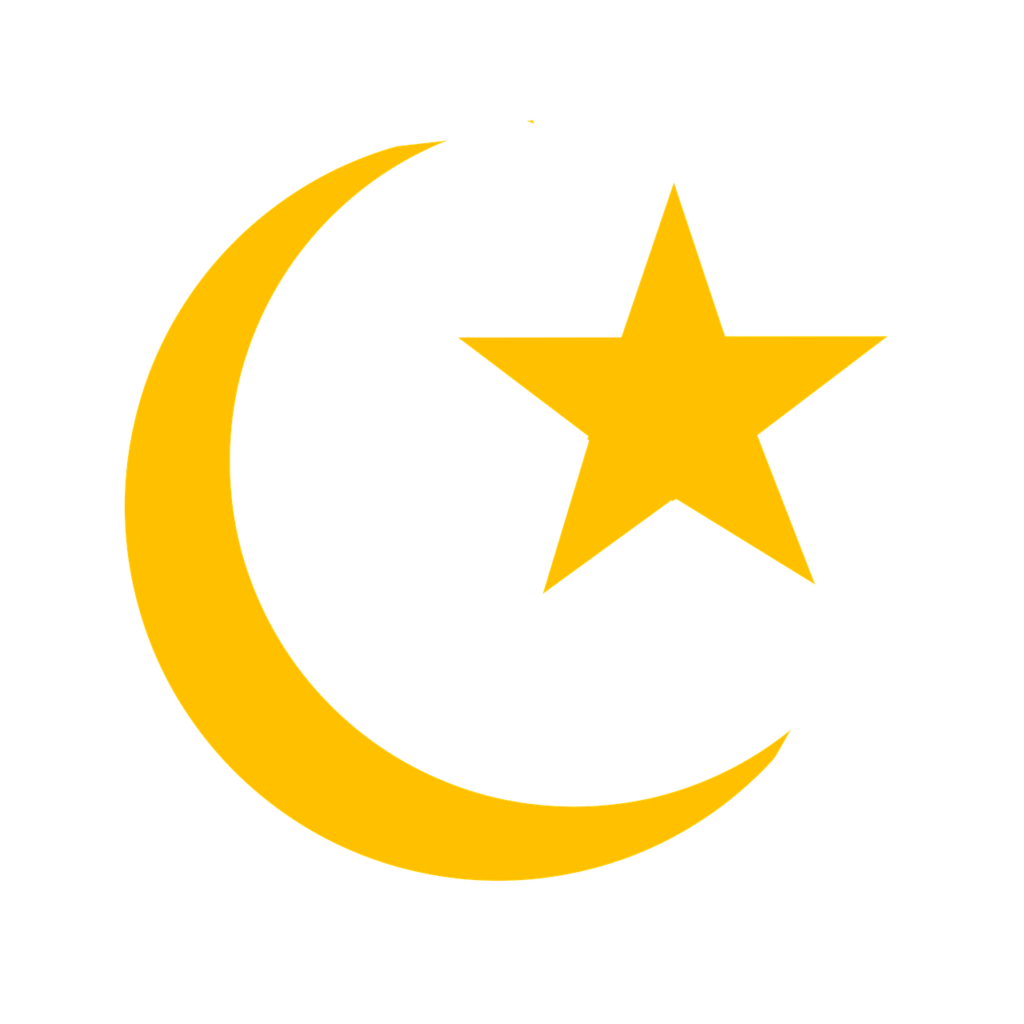
Make war upon those to whom the Scriptures have been given as believe not in God [Allah]…and who forbid not that which God and His Apostle [Mohammed] have forbidden, and who profess not the profession of the truth, until they pay tribute out of hand, and they be humbled. The Jews say, “Ezra is a son of God”; and the Christians say, “The Messiah is a son of God.” Such sayings in their mouths. They resemble the sayings of the infidels of old! God do battle with them! How they are misguided! (Sura 9:29–30)
When thy Lord spake unto the angels, “I will be with you: therefore stablish ye the faithful I will cast a dread into the heart of the infidels.” Strike off their heads then, and strike off from them every finger-tip. (Sura 8:12)
“O people of the Book!…Can I announce to you any retribution worse than that which awaiteth them with God? They whom God hath cursed and with whom He hath been angry—some of them hath he changed into apes and swine; and they who worship Thagout are in evil plight, and have gone far astray from the right path. (Sura 5:64–65)
Only recompense of those who war against God and His Apostle, and go about to commit disorders on the earth, shall be that they shall be slain and crucified, or have their alternate hands and feet cut off, or be banished from the land…(Sura 5:37) (All quotes are from The Koran; Ivy/Ballentine Books, New York, 1993)


